Readers of Greek history and guide books are often perplexed by oblique, terse references to the Roman general Sulla who sacked, besieged or looted cities and shrines across the country during the first Mithridatic war. Events in Greece during this period of its uneasy ‘special relationship’ with republican Rome, confused and obscured by the ever-shifting fortunes of local internecine warfare, defy summarized comment, and none is usually given; Sulla and Mithridates remain, so to speak, adrift in historical limbo.
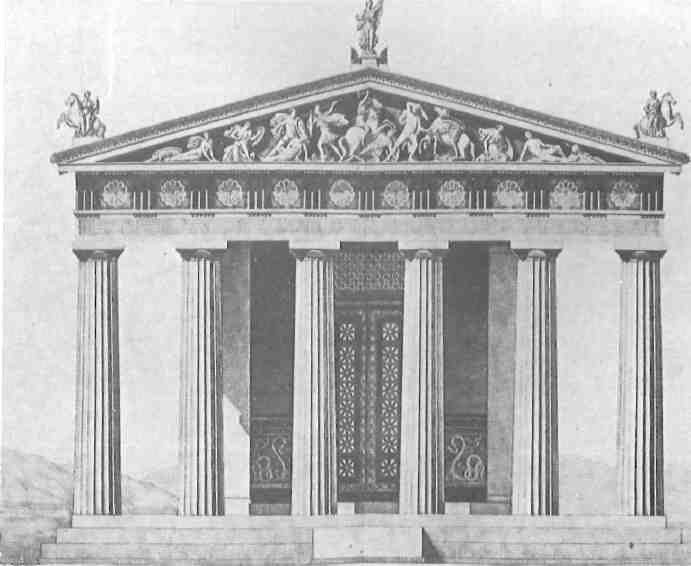
Lucius Cornelius Sulla, earned his spurs on the battlefields of North Africa and northern Italy. His reputation as a formidable and courageous soldier, naked ambition, patrician status and unsubtle bribery ensured his career in politics. And it was as governor of Cilicia in Anatolia, early in his rise to power, that he first crossed swords with Mithridates the Great (VI Eupator) a dynamic, brutal and rapacious king who ruled the mountainous territory of Pontus which stretched inland from the southern coast of the Black Sea. The latter had long had designs on the mosaic of neighboring states in Roman-dominated Asia Minor and plotted to annex them one by one thus slowly breaking Rome’s financial stranglehold on the area.
Again and again he had advanced westward until blocked by superior forces. Although not averse to strong-armed tactics he always avoided frontal combat against Roman military power and simply vanished, withdrawing into his own kingdom. Lulled into false security by these ploys, Rome, scenting easy victory and rich plunder, rashly precipitated hostilities. The Pontic king unexpectedly took up the challenge.
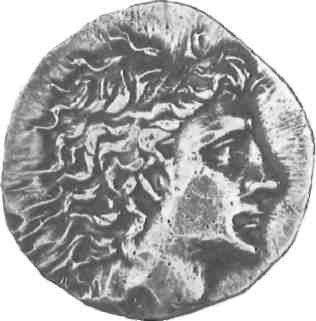
crushed the limited republican forces and marched on Anatolia where state after state, willingly or unwillingly, rallied to him. By the end of 89 BC most of Asia Minor was in his hands and his overriding hatred of Rome found sickening expression in his order to put all Italians resident in the province, men, women and children, to the sword. Many of the Greek-speaking states, heartily sick of avaricious and incompetent Roman government, acquiesced and it was reported that almost 80,000 perished in one day in a veritable blood-bath.
Mithridates now turned his sights on the Aegean islands and Greece itself and began preparations to advance by both land and sea. Panic-stricken Greek communities having little interest in either Rome or Pontus, hastily changed allegiance to suit the prevailing situation. Some chose to remain independent like Rhodes which withstood a long Pontic siege while others were wrong-footed such as Delos, then a major centre for the Roman slave trade, and was utterly devastated, its Italian merchants slaughtered.
As can be imagined, indecision was rife in Athens. The city had long been misgoverned by squabbling aristocratic factions and incompetent petty tyrants, most of them short-lived, and was entirely lacking in responsible leadership. Swayed by glowing reports of Pontic military prowess, it plumped for Mithridates who had tilted the balance in his favor by temporarily cutting off Athenian grain supplies from the Black Sea states.
News of these encroaching developments thoroughly alarmed the Roman senate especially as Italy was in the throes of a social war. Sulla, now consul and one of the protagonists, marched his legions on Rome, vanquished his political opponents and slayed their supporters. Leaving the city subdued, he and his army set sail in 87 BC, landed on the coast of Epirus and moved in force toward Athens, the Greek headquarters of the Pontic campaign. As he advanced through Thessaly and Boeotia, towns on his path expediently sent delegates to assure him that they had seen the error of their ways and were now a hundred per cent behind him.
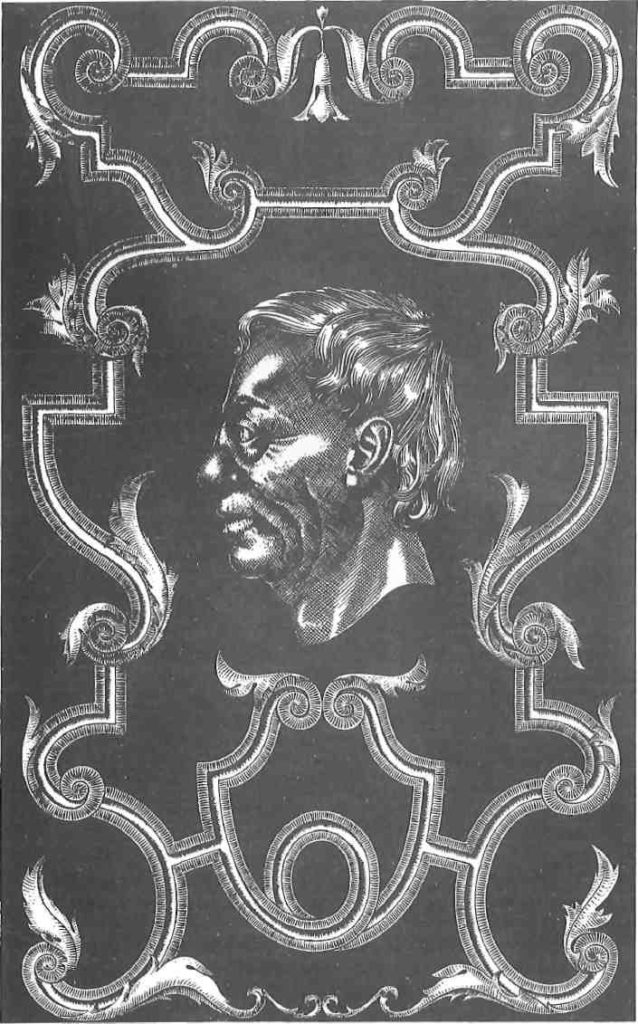
Sulla had long believed that he was particularly favored by Apollo and was puzzled by a dream he had during his march south, in which he had seen Venus, mother deity of the Roman race, dressed in armor leading his men. He stopped at Delphi to consult the oracle and was overjoyed to hear that the goddess would henceforth become his patroness and guide his future career. Armed with this encouraging news of divine support he ringed Athens and, without due consideration, immediately launched an offensive on Piraeus where the Pontic troops were stationed under their outstanding and wily general Archelaus, and got a bloodied nose.
Disconcerted, Sulla set up base camp at Eleusis and began preparations in earnest for the siege of Athens and an attack on its port. He scoured the area for supplies and materials to build his enormous siege machines and scaling ladders and dragooned his newly-acquired Boeotian ‘allies’ into contributing provisions. His confident hopes of a quick mop-up campaign slowly evaporated as week after week of attack and counter-attack brought success no nearer. He now faced long winter months (87 to 86 BC) with limited supplies, having already picked Attica clean, and incipient mutiny among his men. At this bleak hour, bitter news reached him that civil war had broken out in Rome, his opponents had re-taken the city, massacred his supporters, confiscated all his property and declared him ‘enemy of the state’. His wife and two children, having barely escaped with their lives, joined him in Greece. Underfunded from the outset, he could not now expect any further aid, military or financial, from Italy.
Drastic situations call for drastic measures and to the abiding fury of the Greeks, he dispatched troops to loot the wealthy shrines of Olympia, Epidauros and Delphi leaving I.O.U.’s in place of their treasures. The officer in charge of the men sent to Delphi was apparently most reluctant to carry out his orders and returned terrified and empty-handed reporting that he had heard lyre music emanating from the temple there. Undaunted, Sulla sent him back saying that this was a sure sign of Apollo’s divine approval. Having run out of timber for his costly siege machines, which Archelaus continually destroyed, he compounded these sacrilegious acts by chopping down the sacred groves of Plato’s Academy and the Lyceum where Aristotle had expounded his philosophical theories, both of which lay outside the city.
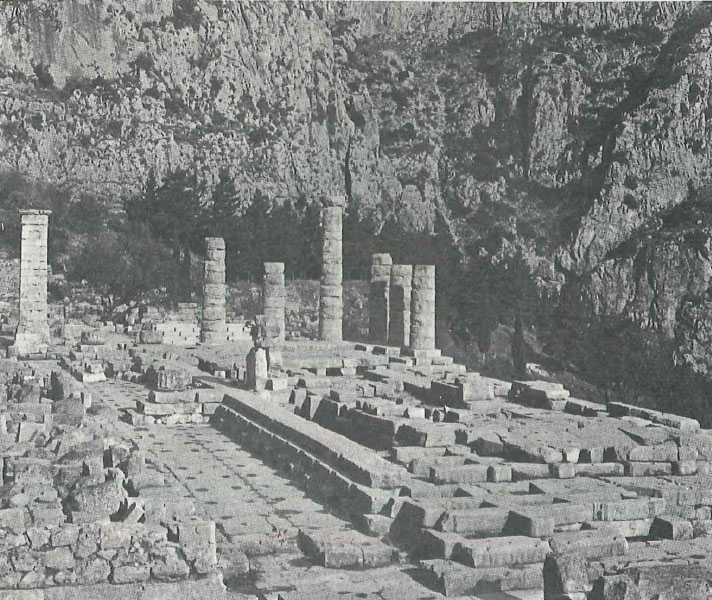
Incensed, the Athenians screamea insults and jibes from the walls at the Roman general and his family. “Mulberry syllabub – mulberry pie,” they jeered with reference to a purple mottling on his face, perhaps birthmarks, and the fact that he went beetroot when angered. Already infuriated at their unexpected resistance, Sulla’s hatred for them grew daily.
After long months of siege, Athens was in dire straits, many inhabitants were down to eating boiled leather and herbs gleaned from the rocky’ slopes of the Acropolis; some writers say that ·cannjbalism had been resorted to. Archei a us had tried again and again to relieve the city from Piraeus but Sulla’s troops had it hermetically sealed. Eventually its tyrant bowed to civic pressure and sent envoys out to negotiate with the Roman. From all accounts, he received them coolly and when their spokesman launched into a long diatribe on their past glories, he cut him short saying “My friends, you can pack your speeches and be off, Rome did not send me to Athens to study ancient history. My task is to subdue rebels”. Eventually the city fell and his troops wrecked pitiless vengeance on its emaciated inhabitants. So great was the massacre that blood was said to have run through the Dipylon Gate near Keramikos which itself had suffered from the huge earthworks and ditches dug by the Romans. The buildings were ravaged and looted, although not put to the torch by express orders of Sulla, all slaves were sold off, the city walls completely destroyed (Athens was to remain unfortified for the next two centuries) and its special privileges curtailed.
Some columns and capitals from the unfinished Temple of Zeus were carted off, destined for the Capitoline Tempie in Rome. Only the garrison, which protected the tyrant, on the Acropolis held out. Sulla contemptuously left them to starve and turned his undivided attention on Piraeus whose walls and redoubts were finally breached, forcing Archelaus to pull back to Munychia. When the latter received news that Pontic relief troops expected from the north were procrastinating in Macedonia he and his men abandoned their position and took to their ships and later regrouped with their slowly advancing compatriots. Piraeus was ravaged, the docks and the much admired ‘Arsenal of Philo’ destroyed in the conflagration.
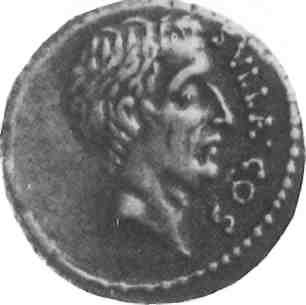
Sulla was already moving into Boeotia when word reached him that Rome, ignoring him as a proclaimed outlaw, had sent a new army to Greece, under Flaccus , to fight Mithridates. He hurried north, so as to be the first to engage the enemy, and routed the Pontic army on the great plain of Chaeroneia. The ensuing victory games were held in Thebes, a city which had continually wavered in its loyalties. When Sulla returned to Athens he received further good news that the garrison on the Acropolis had capitulated due to lack of water. The guards and the tyrant had been summarily executed and the Acropolis treasure added to the accumulated Roman booty.
There was little time for rejoicing or self-congratulations as a large new Pontic force had crossed the Dardanelles and was already heading south. Once again Sulla led his victorious legions into Boeotia and once more had confirmation of divine support, this time from the oracle of Trophonios at Levadia. He reassured him that during the coming great battle the Gods would be with him ; welcome news indeed, as most ancient writers agree that he was outnumbered three to one.
The combined Pontic army had fortified itself on the rocky outcrop of Orchomenos. So fierce was their eventual attack down· onto the plain below, that the highly disciplined Roman troops were beginning to fall back in disorder when Sulla apparently dismounted, grabbed the standard and advanced alone towards the enemy shouting “If anyone asks you where you deserted your leader, tell them it was Orchomenos.” This both shamed and rallied his men. By fearless leadership and the usual Roman use of ditches and stakes to thwart the enemy cavalry, he carried the day; the Pontic hordes broke and fled. Sulla brutally ravaged Boeotia, completely razing several small towns and confiscated half the Theban lands, to help repay the treasures ‘ borrowed’ from Olympia, Delphi, and Epidauros.
Mithridates, waiting in Pergamon, went paranoiac with rage when he heard of the defeat and set about butchering those he deemed traitors. Suspected of double-dealing, the entire population of Chios was forceably resettled at the far eastern end of the Black Sea. Meanwhile Flaccus had been murdered by his second in command who proved to be a worthless leader and his troops deserted ‘en masse’ to the all-conquering Sulla who was then able to· force an unconditional surrender on the Pontic king, allowing him only to return home unharmed. The general realized that further hostilities would be costly and futile and after two and a half years of non-stop fighting he longed for Rome.
Consequently, after he too had ravaged any state which had stood against him in Asia Minor, he sailed for Piraeus where he met representatives of the Roman senate, and then continued via Patras to Brindisi where he landed in triumph, rich with plunder. Within a year, while Greece and Anatolia were still licking their wounds, ‘God-protected’ Sulla set himself up as dictator.







